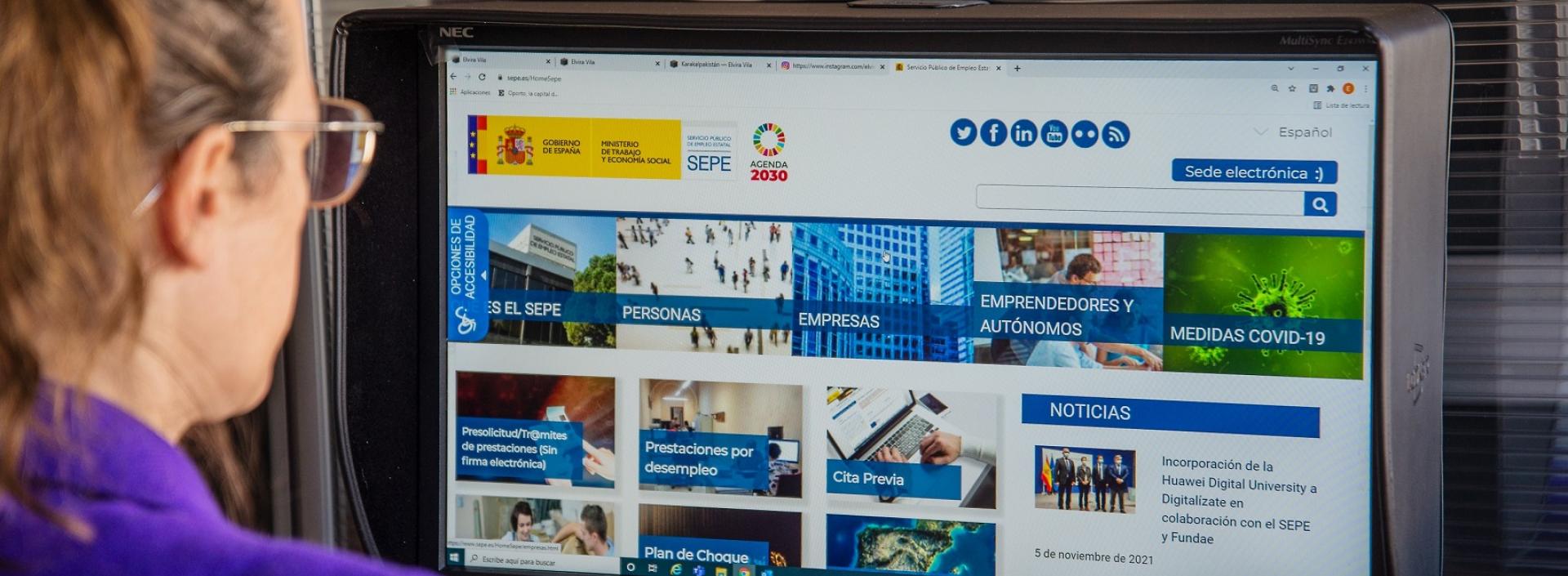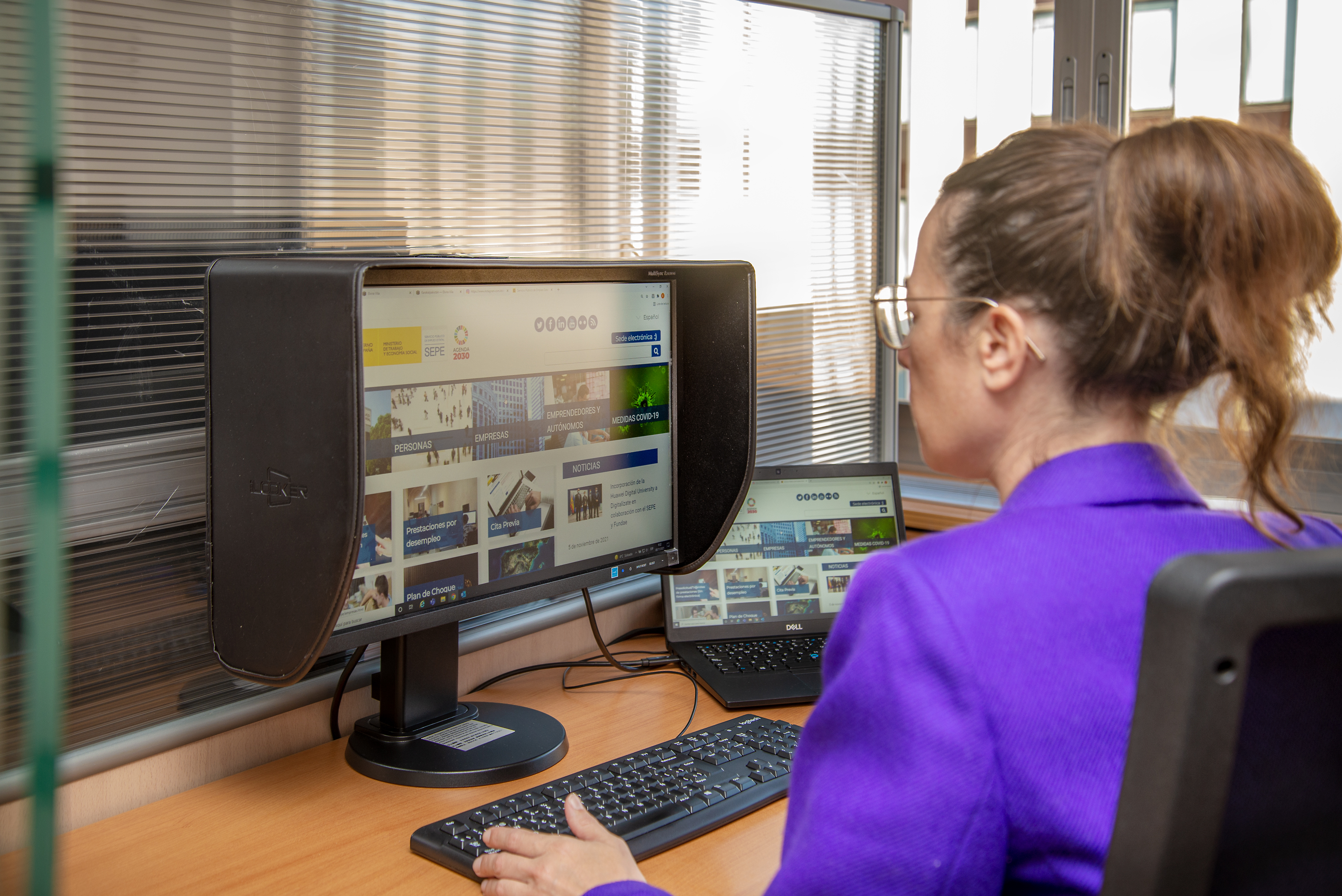Ineco is responsible for technical activities related to the planning and governance of the SEPE's software architecture, the management of the services consumed by the organisation's information systems and technical consultancy for the evolution of the technological platforms that support these services, as well as activities related to IT security.
The work is structured along several lines of action:
- Coordinaction
- Architecture and security: planning and governance activities, both for the Software Architecture and for the future Cybersecurity Operations Center, in coordination with the guidelines of the General Secretariat for Digital Administration (SGAD). Within this group, the SGTIC is informed about the state of the architecture, critical points and risks detected, and possibilities for evolution, as well as the development of new components and the maintenance of existing ones. Ineco is responsible for standardizing the adoption of architecture frameworks and components in SEPE developments and ensuring compliance with the guidelines set by the SGTIC's Architecture Service, and when required, it provides support in the projects of application modernization. In the security field, and aligned with the SEPE Information Security Master Plan, tasks are carried out for the creation or integration into a future Cybersecurity Operations Center, increasing the operational capabilities of information security.
- Data governance: Ineco is responsible for proposing improvements and providing technical and functional knowledge for the evolution of the different Master Data Management (MDM) systems, as well as ensuring the quality of the data by validating that any development carried out meets the standards defined in this aspect.
- Interoperability: optimizing of the interconnection processes of the SEPE with other organizations to facilitate compliance with public policies and enable the development of electronic administration. The definition and evolution plan to a technological model based on the most modern technologies (service bus, API manager, etc.) is carried out, and the governance of all integrations between organizations and applications is established.
- Automation, RPA and local developments: analysis of business processes susceptible to automation, mainly in the scope of the Performance Area, for the implementation and management of an RPA (Robotic Process Automation) type system and cross-sectional local developments to support the Provincial Directions.
























